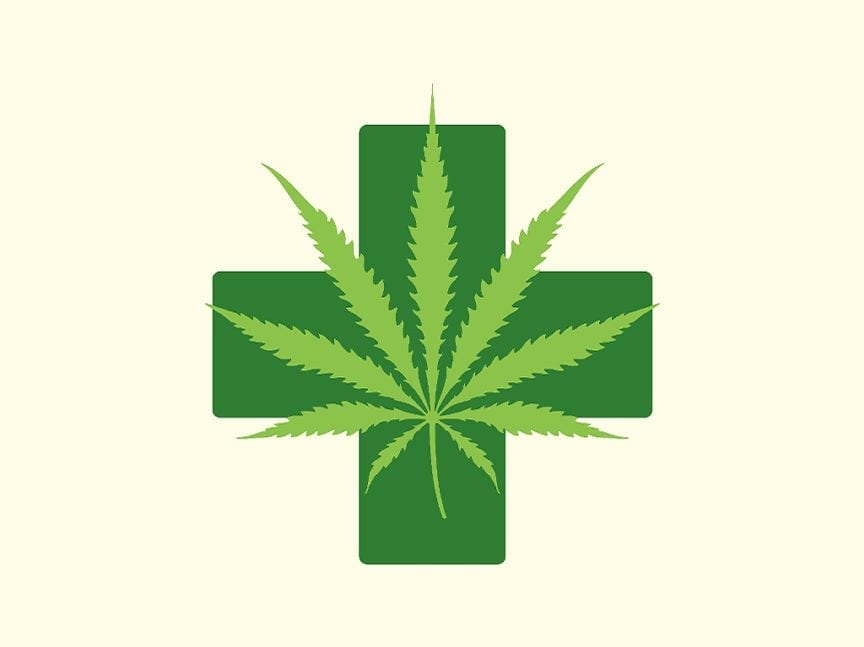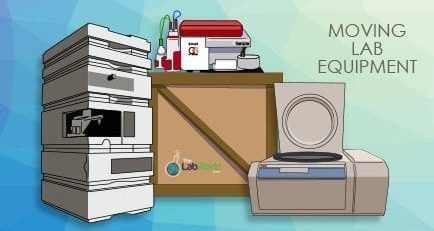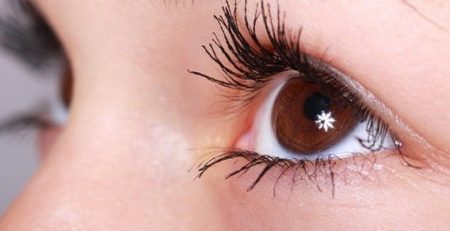Cannabis Testing; How Does It Work?
As attitudes and laws and regulations continue to change when it comes to cannabis and its legality, the industry has, and should continue to experience booming growth. Cannabis utilized for medicinal purposes undergoes stringent lab testing – but what exactly does that mean? Labs will typical test for residual solvents, physical and microbial contamination, potency and terpenes. In order to do this, however, they need both qualified staff and the appropriate equipment.
Potency testing requires high-magnification dissecting microscopes to detect the presence or mold or other visible contaminants. Cannabinoids are then extracted and tested using chromatography systems. (While high-pressure liquid chromatography is the preferred method, gas chromatography and thin layer chromatography as also acceptable.)
To test for pesticides, mass spectrometers are needed, as they are capable of detecting a number of different particles. PCR systems, thermal cyclers used to amplify segments of DNA utilizing a polymerase chain reaction, are able to complete terpene, contaminant, and strain testing. These machines are able to obtain results in less than an hour and able to identify the precise amount of bacteria, mold, yeast, or fungus that is present in a sample.
Consider purchasing used lab equipment to stretch your dollar further. The Lab World Group has extensive experience supplying laboratories of all types with the equipment they need at a price they can afford. Check out their current supply of chromatography systems, mass spectrometers and PCR systems. Don’t see a piece of equipment you need on our website? Contact us here.














